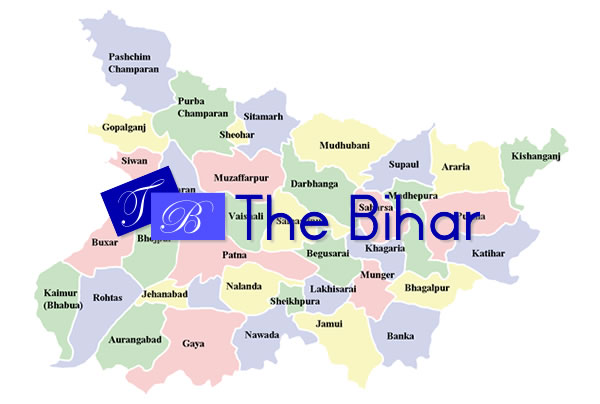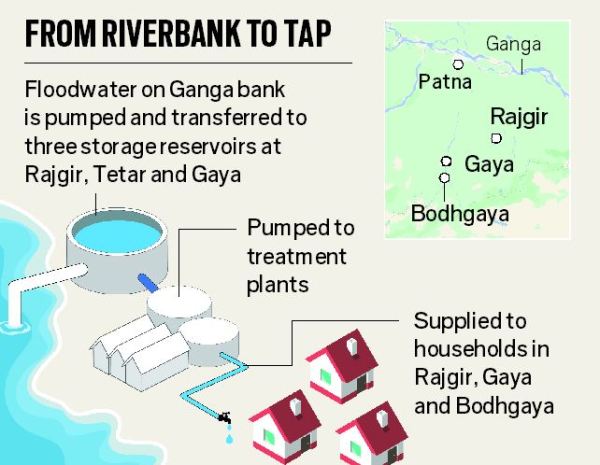Context, not clerics, decides Muslim vote
2 min readThe average Muslim voter is a school dropout, mostly self-employed, would not have ventured far beyond his birthplace, is clued into politics, but unlikely to vote any one party or candidate repeatedly under ‘normal circumstances’, a socio-economic report says.
The data show the Muslim voting behavior is strongly influenced by the character of contests and available options.
In seats with a direct fight between BJP and Congress, Muslims tend to prefer the latter. But their votes get unevenly spread in ‘multipolar’ contests. Moreover, the turnout tends to increase in seats with 30-40% Muslim. Beyond that, the turnout declines.
India’s largest minority, Muslims are thought to impact elections by voting as a bloc. This is a myth that makes parties fall back on polarisation tactics despite exuding modernity.
Congress chief Sonia Gandhi met Delhi imam Ahmed Bukhari, seeking unity among ‘secular-minded’ forces. Then, BJP’s Narendra Modi mentioned ‘cow-slaughter’ in Bihar while his aide Amit Shah nudged Hindus to vote for their rightful place in society.
Muslims have generally been cagey about Hindutva politics. Yet, the BJP has garnered Muslim votes by either allying with ‘secular’ parties or by fielding Muslim candidates in states where the overall vote is in its favour. For example, in 2009, the BJP did well in Muslim-dominated eastern Bihar, winning three out of five seats and polling 25.8% votes.
Will Muslims in general veer round consolidation this time? “Unless there is an extraordinary situation, there is no real Muslim vote bank,” says Mohd Sanjeer Alam of Delhi-based election analysis centre Lokniti.
Muslims are also much less influenced by clerics.
Alam believes the Muslim mandate for the UPA in 2004 was influenced by the 2002 Gujarat riots. In 1996, the first elections after Babri Masjid was demolished, the SP got 25% votes nationally, which indicates consolidation. Polarisation is expected in at least 35 seats where Muslim population is between 30-35%.
In the absence of an existential threat, Muslims vote on bread-and-butter issues, says Zoya Hasan of JNU. And Modi, even if he is seen as a threat, may not be an issue in many states, such as Assam, Kerala, Bengal, Tamil Nadu, and Andhra Pradesh. Context, therefore, is said to be the key.
Courtesy: Hindustan Times


